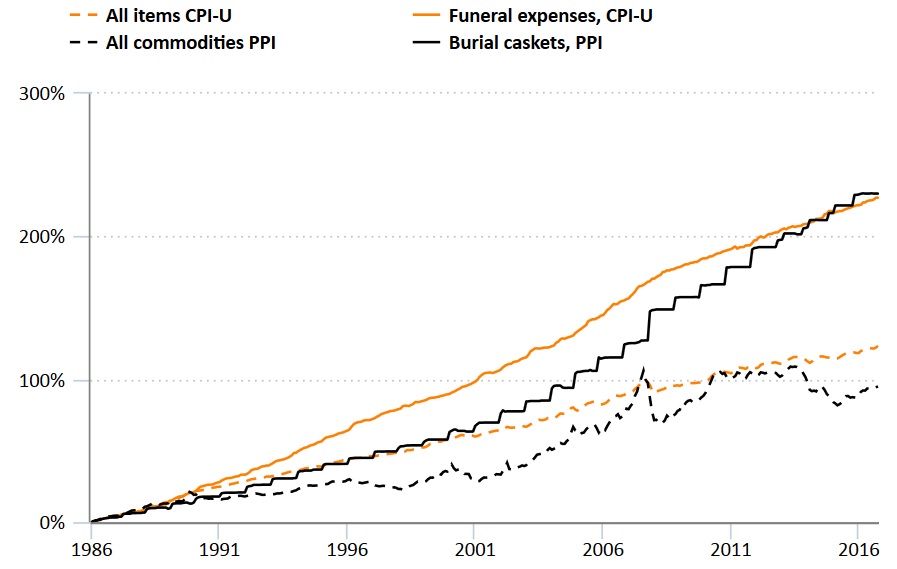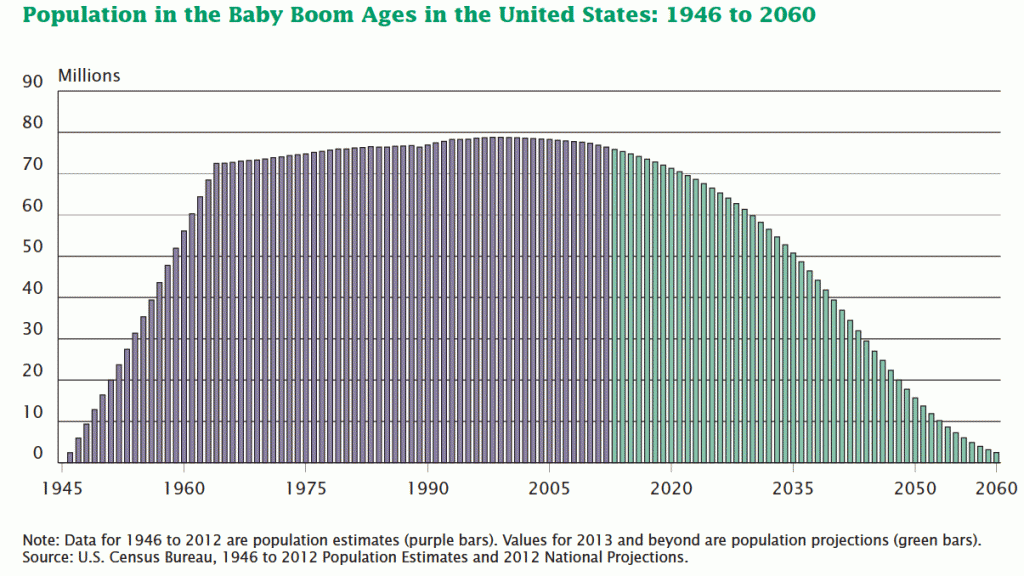We know there are relationships between religion and funeral practices in America. For a long time, almost all funeral ceremonies were primarily religious, and today that still probably describes the vast majority.
When religion changes, therefore, we might expect some effect on funerals and burials. The effect isn’t easy to predict or quantify, though. Funeral changes, in turn, might arise from various causes apart from religion.
Theologian John Heywood Thomas notes that funerals touch on the meaning of life, but are also practical processes that, over time, have become neat and efficient, wherein the goal is to provide a “nice” service:
All too often death is for many both comfortless and without fear, a non-event. Besides the psychological effects of such an ignoring of death there is the more important ethical consequence that we neither properly value the life that has ended nor apply ourselves to that—perhaps secondary but still urgent—task of bringing our hearts to wisdom.1
The minister and professor Thomas Long suggests that as our religion has become less serious, our funeral practices have followed suit:


